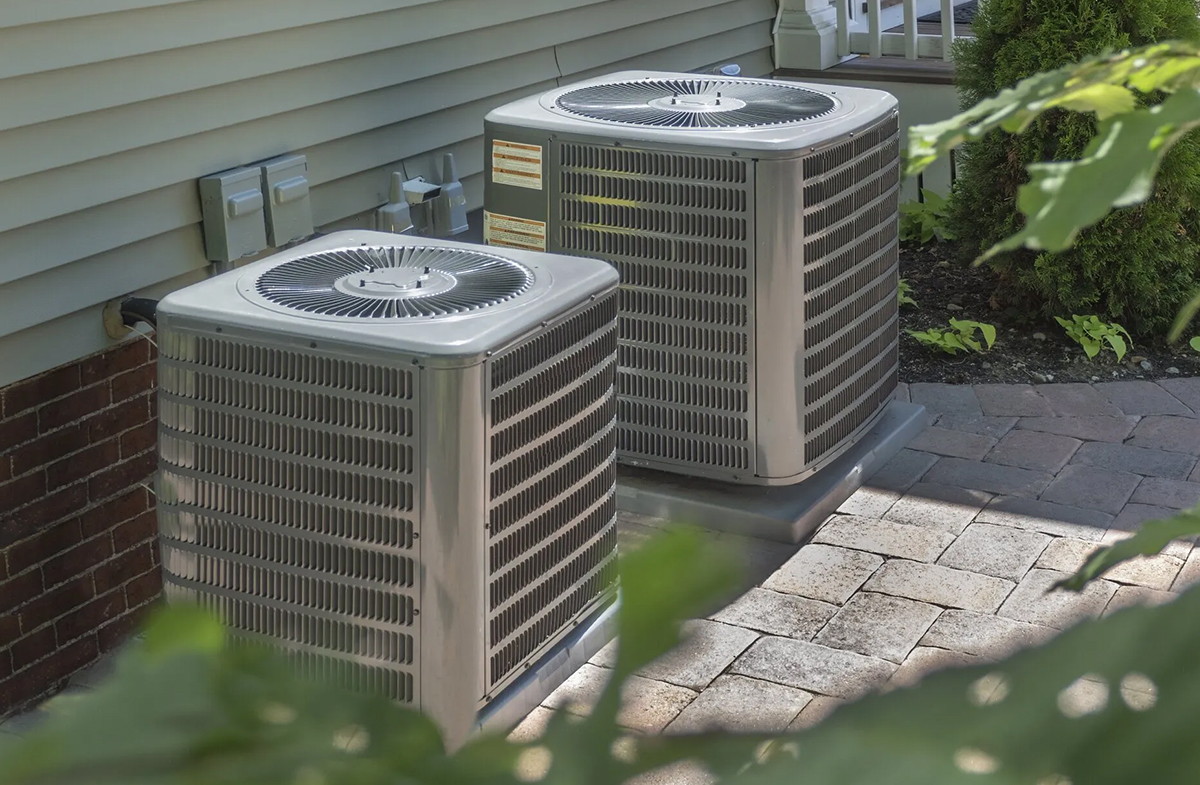Heat pumps move heat between different locations. An air-source heat pump (ASHP) moves heat between outdoor and indoor air. A ground-source heat pump (GSHP) moves heat between the ground and your indoor air. Below are the critical differences between these two heat pumps.
Installation
Both GSHP and ASHP require installation, but the installation requirements and procedures differ. Below are some examples of significant differences in installation:
- The contractor has to excavate the ground and lay underground pipes for GSHPs.
- ASHPs involve an aboveground unit that some people find obstructive.
- You might require permissions to install ASHPs that GSHPs don’t require.
- The contractor might require more time to install a GSHP unit compared to ASHP.
Take note that many homeowners associations restrict property modifications or installations that interfere with curb appeal or affect the environment. In such a neighborhood, you might run into problems with your ASHP due to its aboveground unit. Some people even have problems with noises from large ASHP units.
Upfront Cost
Many homeowners consider the cost a significant factor when they install heating systems. Consider two costs if you want to budget for a heat pump – the upfront and the running costs. ASHP requires less upfront cost than GSHP.
For one, GSHP involves excavation, whereas ASHP doesn’t. Secondly, GSHP requires the installation of ground arrays that ASHP doesn’t require. The difference in labor and material costs might be significant if you are on a tight budget.
Energy Efficiency
Both ASHP and GSHP use electricity to transfer heat from one place to another. Specifically, a heat pump uses electrical power to circulate the refrigerant and move heat. However, GSHPs typically use less electricity than ASHPs. The energy consumption differs because of the way the air and ground retain heat.
The ground retains heat better than the air, so the ground is always a little warmer, even during the winter season. As such, a GSHP requires less energy to extract heat from the ground than the ASHP requires to extract heat from the air. At the same time, temperature fluctuations affect the air much more than the ground.
With ASHP, you might need a backup heating system if the temperature falls too low. The overall low energy consumption plus the fact that GSHP doesn’t require a backup heating system makes it more energy-efficient than ASHP systems. Because it is more energy-efficient, GSHP costs less to run, which may offset the higher price of installation.
Durability
You need significant investment to install a heating system. Thus, the one you install should serve you for a long as possible. The setup and operations of the two types of heat pumps mean they have different lifespans.
- The outside unit of the GSHP sits underground, where it’s unlikely to suffer accidental damage.
- The outside unit of an ASHP suffers different forms of weather elements that can damage it. Exposure to sunlight, rainfall, and snow accumulation all accelerate the system’s wear and tear. In coastal areas, saltwater from the sea affects ASHPs but not GSHPs.
Note that both heat pumps have indoor and outdoor units. For the GSHP, the indoor unit might fail long before the underground outdoor does.
Operating Climate
ASHP works best in a moderate climate where the air temperature doesn’t fall too low. Otherwise, you might need a backup heating system, the heat pump might overwork, and your heating efficiency might suffer. However, GSHP works well even in extreme climates.
A heat pump is an energy-efficient alternative to combustion heating. However, you will only enjoy the benefits if you choose and install the right system. D & R Service, Inc., designs and installs different heating systems, including heat pumps. Contact us for quotes on all your heating needs.



